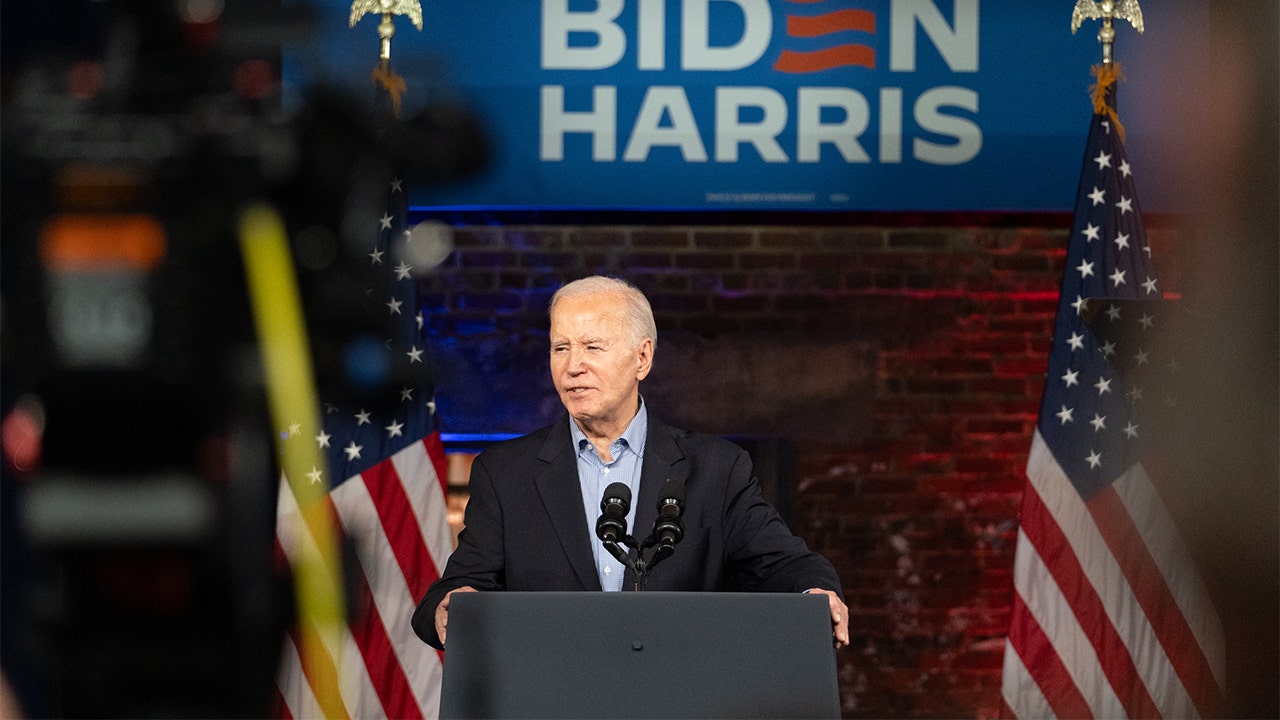Red states are suing Biden administration over new electric vehicle rule.
26 Republican attorneys general have taken a stand against the Biden administration’s recent fuel emissions restrictions, labeling them as a move to phase out gas-powered vehicles. Attorneys General Russell Coleman of Kentucky and Patrick Morrisey of West Virginia have officially filed a notice to challenge the National Highway Traffic Safety Administration’s latest rule, which sets strict fuel economy standards for passenger cars, light trucks, and heavy-duty pickup trucks.
The new regulation, which came into effect this week, demands a significant improvement in the fuel efficiency of vehicles within a short timeframe. The AGs argue that these standards are impractical and unfairly force auto manufacturers to shift towards producing more electric vehicles (EVs).
This shift to EVs, the AGs claim, undermines the free market, causing increased costs for families and threatening the reliability of the electric grid. They are urging the Biden administration to reconsider these mandates, allow market forces to operate, and focus on safeguarding American families.
According to Coleman, electric vehicles currently make up less than 1% of registered vehicles in Kentucky, emphasizing the drastic nature of the proposed shift. Morrisey echoes this sentiment, stating that the new rule oversteps its legal boundaries by attempting to reshape the automotive industry, potentially leading to energy dependence on other nations like China and straining domestic power grids.
This legal challenge highlights the ongoing debate over the future of transportation in the United States, with Republicans advocating for market-driven approaches and voicing concerns about the consequences of rapid EV adoption.
The battle between environmental priorities, economic considerations, and energy security remains at the heart of this dispute, reflecting the broader divisions within the American political landscape. As the nation grapples with complex energy and environmental challenges, the outcome of this legal challenge could have far-reaching implications for the automotive industry and American consumers.








